
Washington Wizards
47th Season
First Game Played October 9, 1973
Primary Logo
Logo 2015-Present
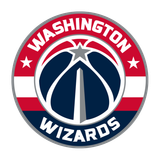
Alternate Logo
Alternate Logo 2011-Present
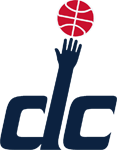
Historical Moments
Playing in the Washington suburb of Landover the Baltimore Bullets become the Capital Bullets, as they won the Central Division again with a 47-35 record despite seeing Wes Unseld limited to 56 games due to injuries. In the playoffs, the Bullets would be beaten by the New York Knicks for the fifth time in six years, losing a hard-fought series in seven games.
Wizards Best
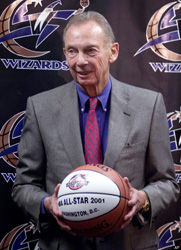
Abe Pollin
Owner 1974-2009
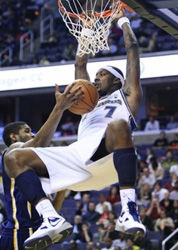
Andray Blatche
2005-2012
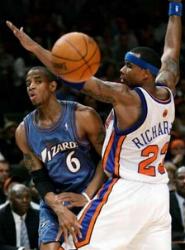
Antonio Daniels
2005-2009
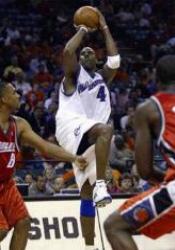
Antwan Jamison
2004-2010
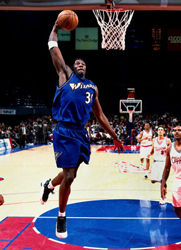
Ben Wallace
1996-1999
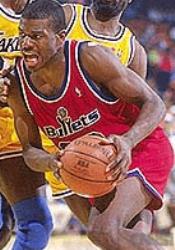
Bernard King
1987-1991
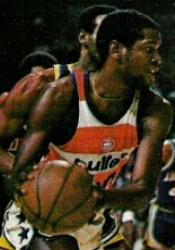
Bob Dandridge
1977-1981
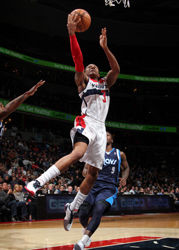
Bradley Beal
2012-Present
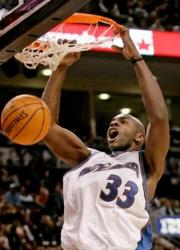
Brendan Haywood
2001-2010
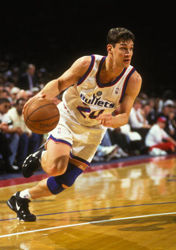
Brent Price
1992-1996
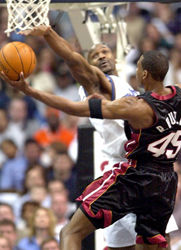
Byron Russell
2002/03
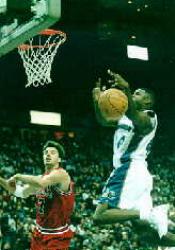
Calbert Cheaney
1993-1999
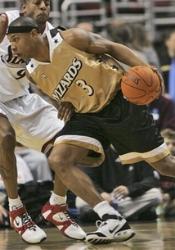
Caron Butler
2005-2010
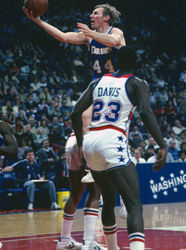
Charles Davis
1981-1985
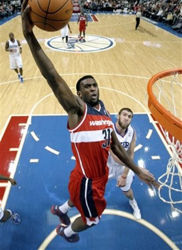
Chris Singleton
2011-2014
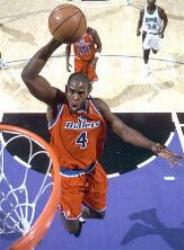
Chris Webber
1994-1998
Wizards Stadiums
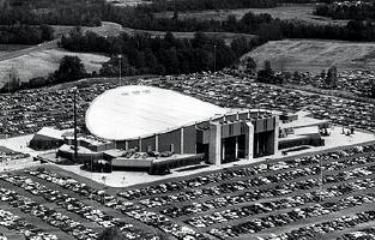
1973-1997

1997-Present
Championship Teams
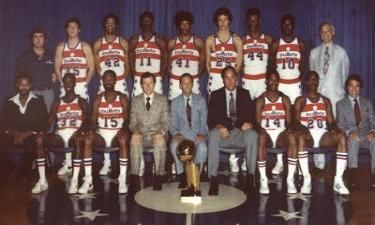
1977/78 NBA Champions
Washington Bullets